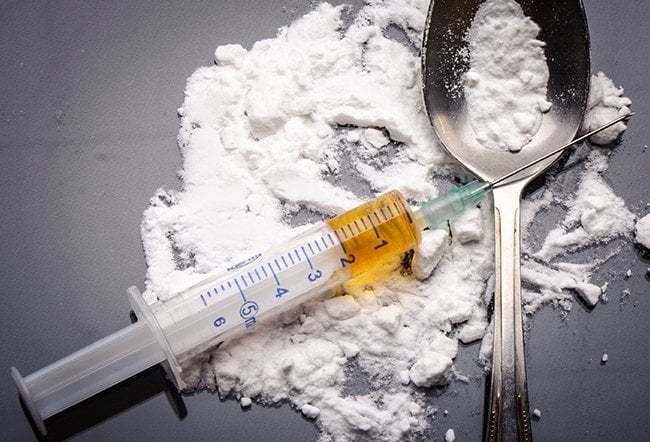
What Are the Similarities and Differences Between Drug and Alcohol Abuse?
Often, people are confused about the similarities and differences between drug and alcohol abuse. There are several key factors to keep in mind. For example, if you are an addict, it is essential to know the warning signs, the risks, and how to get help. It is also necessary to understand how to avoid relapse.
Addiction
Whether you are a family member, friend, or someone struggling with addiction, you can help an addict by providing support and encouragement. The essential step in overcoming addiction is to recognize that you have a problem. Talking to a doctor, a friend, or a relative is the best way to get help. If you are aware of your addiction, you may be able to stop it on your own. But it won’t be easy to do so without the help of a professional at an Impact Recovery Center. You will need to change your behavior to eliminate the habit.
Substance abuse
Using substances such as alcohol and drugs is unhealthy and can cause serious problems. These issues include family conflict, legal problems, and even suicide. These drugs can cause changes in the brain, which can lead to physical and psychological disorders. In a substance use disorder, the brain becomes accustomed to drug use, causing intense cravings. These changes can last a long time after the immediate effects of the drug have worn off. Tolerance is a term used in the medical community to describe the ability of the brain to adjust to a constant presence of a substance. The brain may develop a tolerance to different classes of drugs.
Substance misuse
Using substances may seem a great way to relax and cope with stress. However, misuse of drugs can have adverse effects on your body and your brain. It can also lead to drug addiction, which can cause serious problems. Compared to non-addicts, drug users are more likely to commit crimes, get arrested, and steal to support their use of drugs. This makes it essential to seek help. If you have a substance abuse problem, you should see a licensed drug and alcohol counselor. They can work with you to develop a treatment plan to help you achieve long-term recovery.
Medication-assisted treatment
Medications are used in medication-assisted treatment to help patients overcome addictions to drugs and alcohol. The medicines help patients overcome cravings, reduce withdrawal symptoms, and prevent relapse. The medication is combined with behavioral therapy in a holistic program to improve recovery. Medication-assisted treatment programs are designed to be customized for each client’s unique needs. The medications are approved by the Food and Drug Administration (FDA) and are administered by healthcare professionals. The medications used have no adverse effects on mental functioning or intelligence. Medication-assisted treatment is an evidence-based method of treating substance use disorders. It’s a holistic treatment approach that can be more effective than traditional drug and alcohol treatment methods.
Non-pharmacological treatments
Medications can help alleviate withdrawal symptoms and cravings associated with substance abuse. These include prescription drugs such as opioids (such as codeine, morphine, and heroin), sedatives, and anxiolytics. Medications may also be used to treat alcohol dependence. Historically, pharmacologic treatments for alcohol use disorder have focused on the reinforcing effects of alcohol. However, more recent studies have shifted attention to psychosocial interventions. The primary goals of medication-assisted treatment are remission and sustained remission. One of the best ways to do this is through cognitive behavioral therapy. This type of therapy aims to change negative behaviors and encourage patients to change their minds and adopt healthier habits. It also helps them understand the role of their emotions and how they affect their decisions.
Peer-to-peer groups
While peer-to-peer groups have received much attention from researchers, there are still a lot of questions about how effective they are. One of the most intriguing questions is whether or not peer-to-peer groups for drug and alcohol abuse are helpful or just another distraction from the fundamental goal of substance abuse treatment. Regardless of which type of group you choose, the peer-to-peer process can be a life-changing experience.



